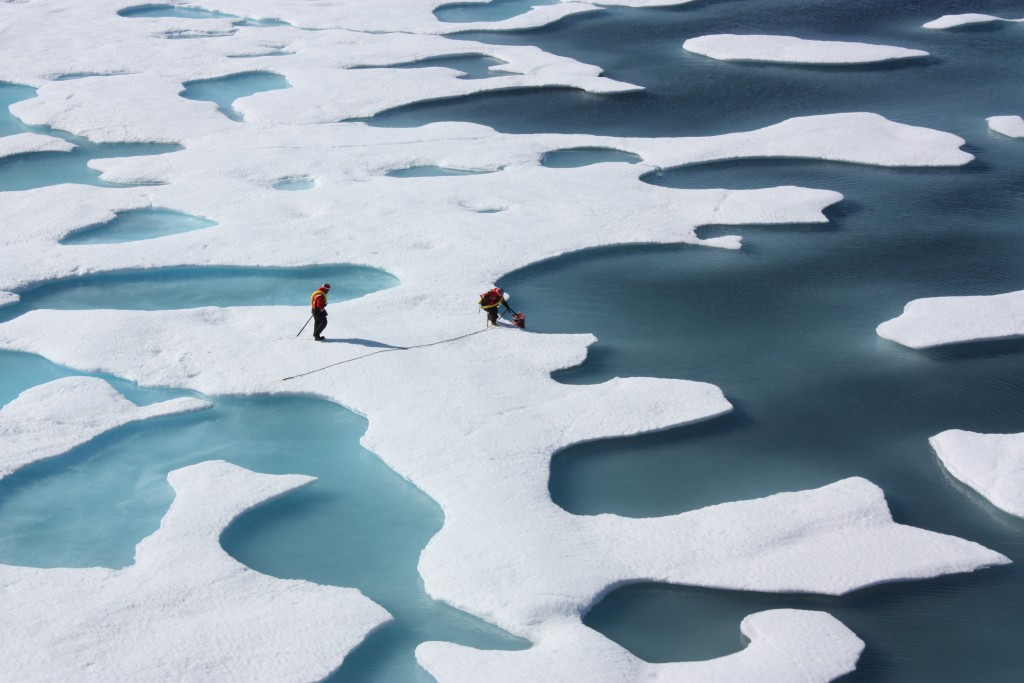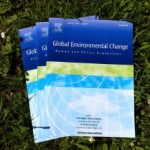 Finally, the article „Beyond false balance: How interpretive journalism shapes media coverage of climate change” is available online. The article is an outcome of our project “Framing Climate Change” and was published by the journal Global Environmental Change.
Finally, the article „Beyond false balance: How interpretive journalism shapes media coverage of climate change” is available online. The article is an outcome of our project “Framing Climate Change” and was published by the journal Global Environmental Change.
Tag: journalism
Vertrauenskrise der (Klima-)Wissenschaft – oder des Klimajournalismus? Eine Replik
von Michael Brüggemann und Fenja De Silva-Schmidt
In einem aktuellen Artikel interpretiert Hanno Charisius von der Süddeutschen Zeitung die Ergebnisse des Wissenschaftsbarometers 2016 als ein „Alarmsignal für die aufgeklärte Gesellschaft“ angesichts eines starken Misstrauens gegenüber der Wissenschaft, insbesondere der Klimawissenschaft. Ein genauerer Blick auf die Originaldaten offenbart allerdings, dass diese Schlussfolgerungen kaum gerechtfertigt sind. Zudem zeigen Daten unserer eigenen aktuellen Befragung zum Thema Klimapolitik, dass die Klimawissenschaftler im Gegensatz zu Politikern und Journalisten noch auf ein stabiles Vertrauen seitens der Bevölkerung bauen dürfen.
Continue reading Vertrauenskrise der (Klima-)Wissenschaft – oder des Klimajournalismus? Eine Replik
Reflections from Paris
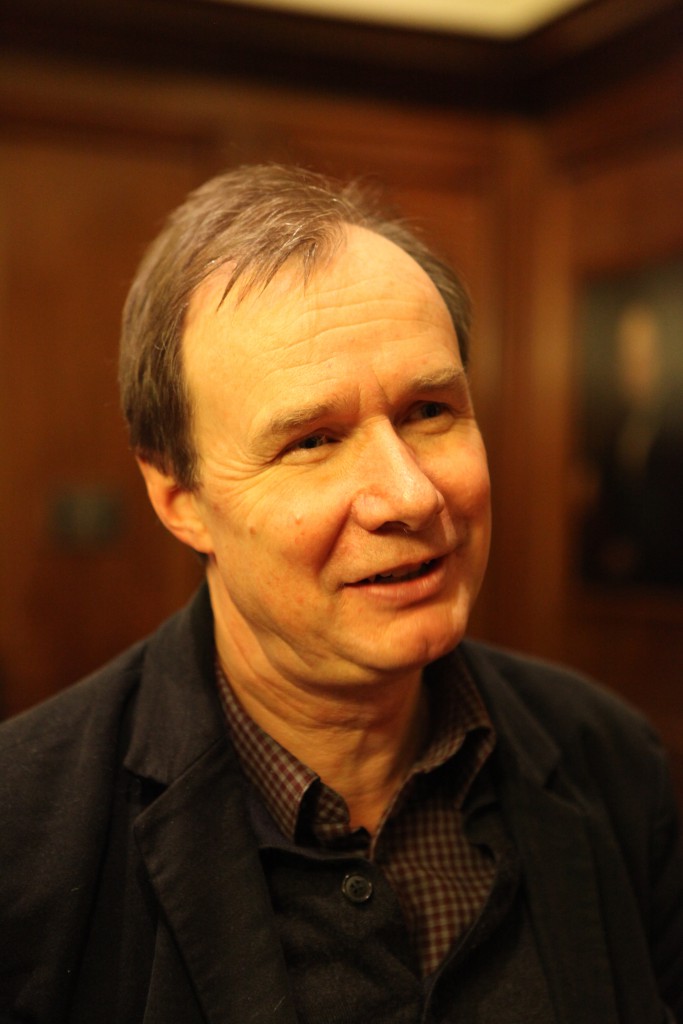
It has become accepted wisdom here that Paris 2015 is not Copenhagen 2009. This time, the US and China are on board; the price of renewables has dropped by more than half; the vast majority of countries have already pledged emission cuts and Paris is seen as a “staging post”, rather than a final destination.
But in one way at least, Paris 2015 is a re-run of 2009 Copenhagen. There are a staggering 3,700 ‘media representatives’ accredited in attendance, which is just short of the 4,000 (from 119 countries) present at Copenhagen.
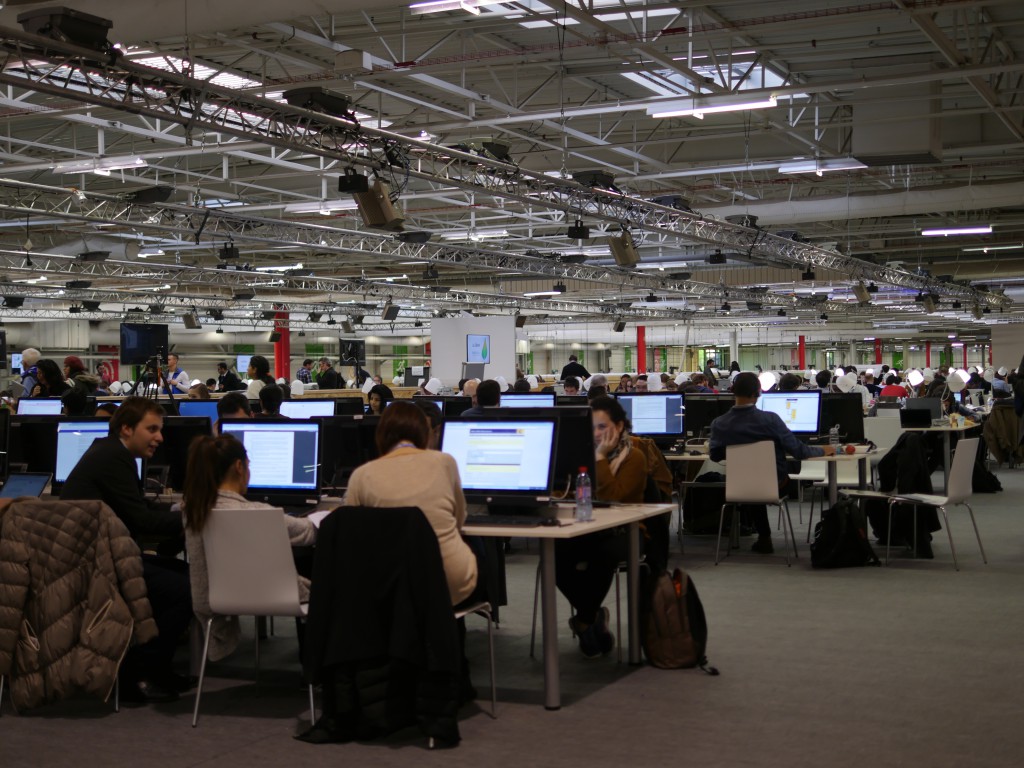
Paris Climate Summit-Media Summary- Chinese Media Coverage

Zi is a Chinese journalist currently working towards her master’s in journalism and globalisation in Hamburg.
CCTV
On 11 December, CCTV posted 2 stories relating to the conference. One story titled ‘China denies rejection by ambition coalition at climate change conference’ emphasized China’s efforts on fighting against climate change by covering Chinese Foreign Ministry spokesperson Hua Chunying’s speech at the climate change conference. The other one focused on US-China relations, titled ‘Chinese, U.S. presidents exchange views on climate conference, bilateral ties over phone’. This piece stressed the successful communication between China and the U.S. over climate change issues and called for strengthening coordination to reach agreement.
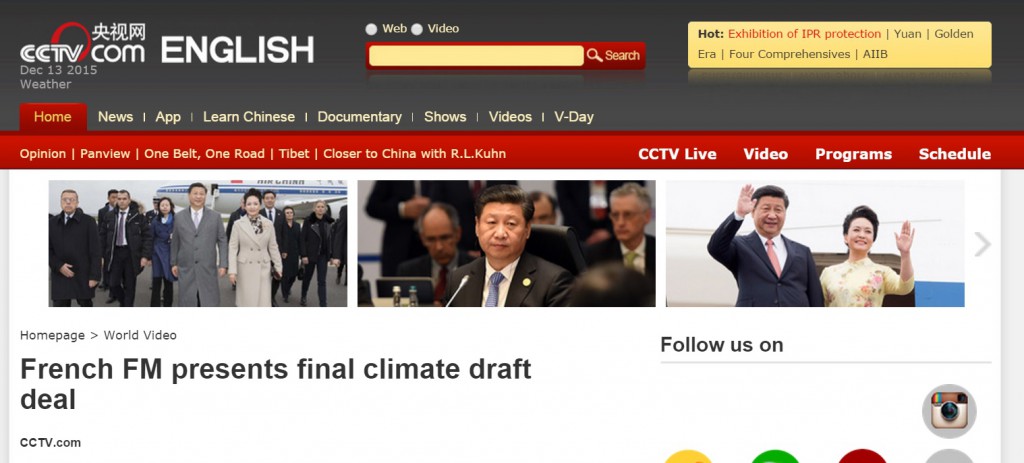
Continue reading Paris Climate Summit-Media Summary- Chinese Media Coverage
A change in mind (Photo journalism project as a support for #EarthToParis)

“How can contemporary image makers promote new thinking and make a difference in the world?” (Fred Ritchin, Bending the frame)
Since the first day in my photo journalism class, taught by Sarah Schorr at Aarhus University, Ritchin’s quote has not lost its grip on me. How can a single photo in today’s digital media flow, still contribute towards making a change? How can one create meaningful content through a photo project?
Questions, which constantly floated in my head. Thoughts permanently popped up and disappeared again.
Continue reading A change in mind (Photo journalism project as a support for #EarthToParis)
Giving climate change a local connection
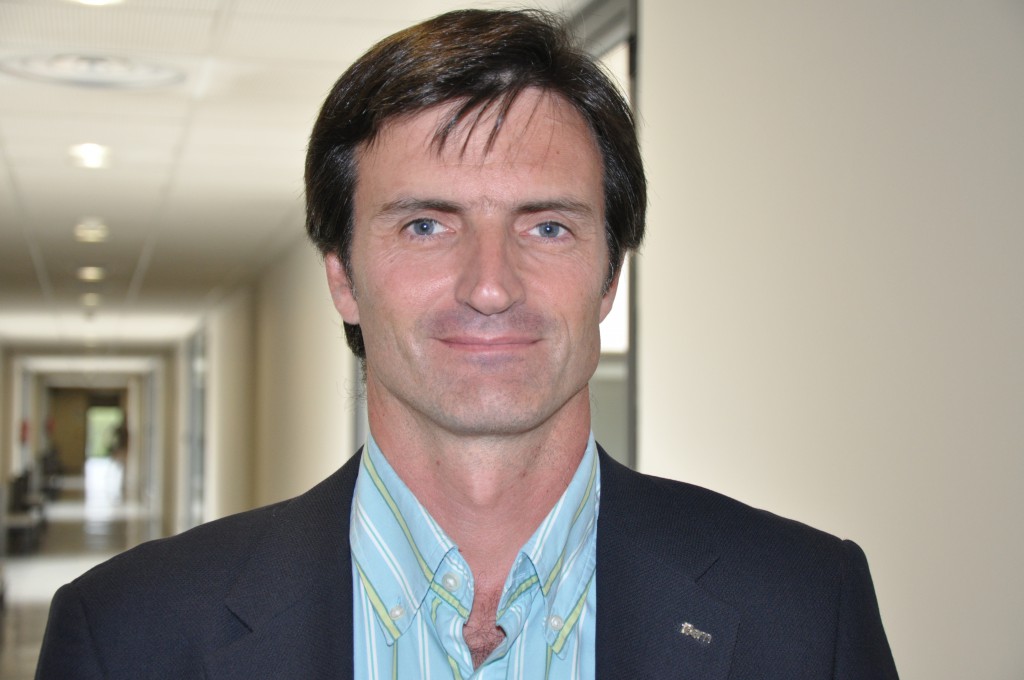
From the beginning of journalism, proximity has worked as one of the main news values or criteria for selecting interesting events. This principle was later formulated in the classic handbook written by Karl Warren, for whom the most interesting thing for any human being is himself/ herself and, afterwards, what is closest –eg. family, friends, home or work.
However, the media have often represented climate change as a remote process, with little or no influence in people’s lives. It may come as no surprise that many European citizens think that it is currently affecting only some remote regions of the planet, like the poles -“Okay, ice is melting, but this is not going to change my life in the near future.”
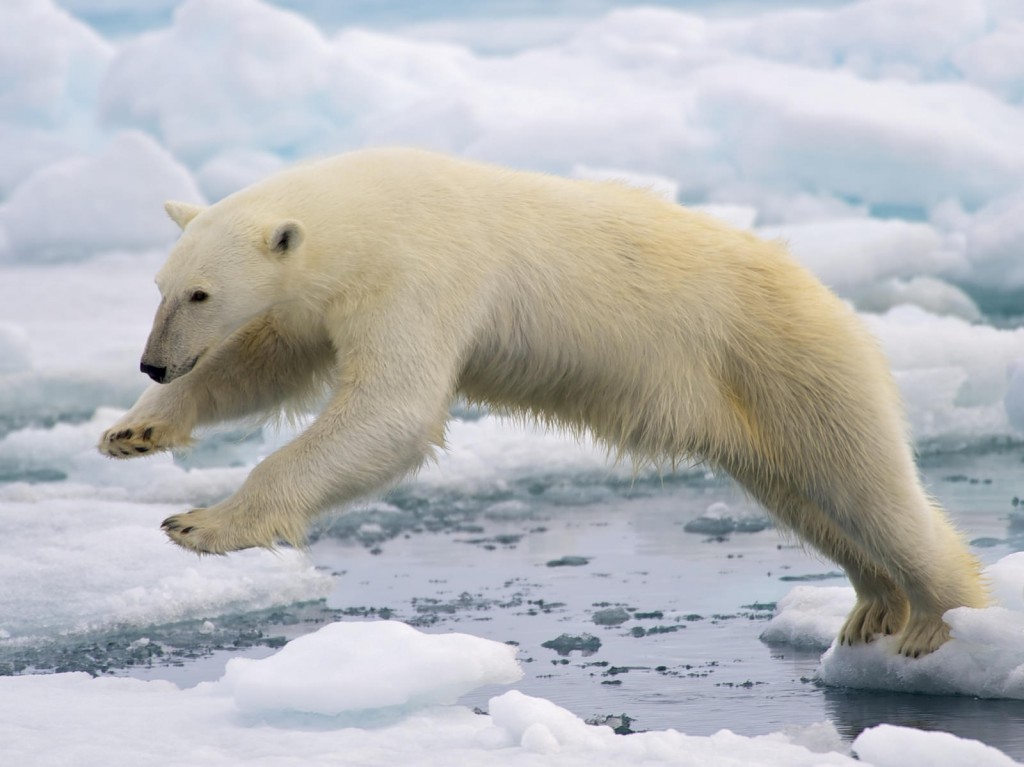
Climate coverage across cultures: 9 types of media narratives at COP21
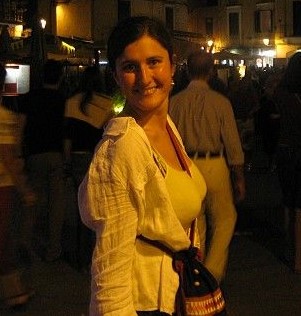
Before dealing with environmental news reporting academically, I was involved in the environmental movement personally, since back in the 90s.
I was, for instance, at the World Social Forum which took place during the now sadly famous G8 summit in Genoa in July 2001. I was volunteering as a translator and spent several days actively participating. While there, I had the chance to attend and listen to workshops hosting prominent figures of the so called anti-globalisation movement. Within the movement, at that time, concepts, issues and stakeholders of the sustainability question were defined for an increasingly broad public – an internet-connected public. The discussion was especially relevant for a development-critical, possibly de-growth-oriented perspective. The international and Italian media coverage of that summit in particular, and the discrepancy with my own experience of the events that took place, was one of my journalistic biggest lessons so far.
Continue reading Climate coverage across cultures: 9 types of media narratives at COP21
Time to Move on: The Paris Summit as Opportunity to Develop New Narratives on Climate Change
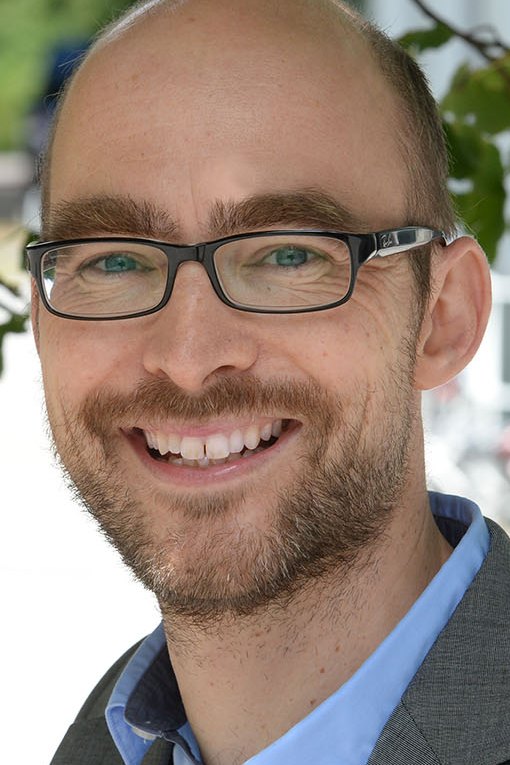
The debate about climate change is almost thirty years old. Endless time and energy has already been spent in unproductive ways: discussing whether climate change actually exists, whether humans contribute to global warming, whether the risks that come with global warming are real and then whether we need to cut down on emissions.
These questions are settled, but many important questions remain to be open for discussion in climate science and climate politics. The upcoming summit in Paris draws our attention towards tackling the challenges associated with climate change in the present, rather than repeating discussions from the past. Part of this is to reclaim the attribute of being “skeptical” as an essential feature of good science. Yet, wise scientists will attempt to direct their skepticism to hypotheses which are not properly grounded in empirical evidence. Continuing the old debate is only in the interest of those actors who feel they need to protect their vested interests in oil, coal and gas and the attached industries with the aim of blocking effective limits to our carbon emissions.

Expectations for Paris Summit 2015 – What’s at stake?

Author’s note: Hello and a very warm welcome to the first entry of the Climate Matters blog. For the two weeks of the Paris Summit (30.11-14.12), this University of Hamburg blog will provide regular, global media summaries using our Online Media Monitor.
We’ll also post daily entries from one or more of our exceptional team of bloggers. We have leading climate researchers, communicators and journalists who each bring unique, critical and analytical perspectives on happenings in Paris. We hope you enjoy!
Continue reading Expectations for Paris Summit 2015 – What’s at stake?
